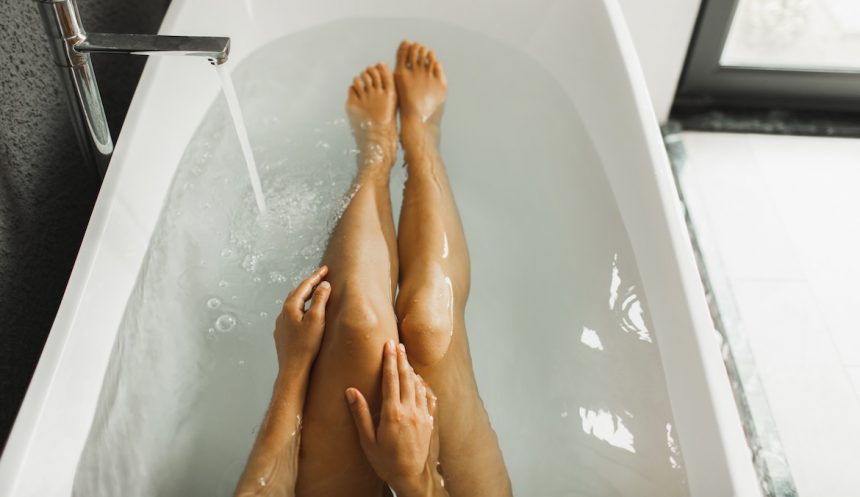When exploring parenting communities on Reddit or TikTok, it is common to come across parents expressing concerns about their toddler suddenly developing a fear of bathtime. This fear, known as ablutophobia, can be unsettling for both the child and parent. Licensed clinical professional counselor and anxiety therapist Amy Braun explains that ablutophobia is more prevalent in young children as they become more aware of their surroundings. However, this fear can persist into adulthood or emerge later in life as well. Ablutophobia is classified as an anxiety disorder that involves an intense, irrational fear of an object, situation, or activity.
Clinical psychologist Kevin Chapman elaborates on the debilitating nature of ablutophobia, noting that it can lead to symptoms of panic and anxiety. This fear is not just a dislike of cleaning oneself but a paralyzing and unreasonable terror that can greatly impact daily life. Symptoms of ablutophobia include severe anxiety, avoidance behaviors, physical symptoms like headaches or stomach aches, and impairment of daily functioning.
While the exact prevalence of ablutophobia is unknown, estimates suggest it is less common than other specific phobias. Dr. Chapman highlights that a phobia disrupts life significantly and distinguishes between a nonclinical fear and a phobia. Diagnosis of ablutophobia typically involves a clinical interview to assess the impact on the individual’s quality of life.
Ablutophobia can develop in children due to traumatic experiences or observational learning, while adults may develop it from similar encounters. Women are more likely to suffer from specific phobias than men, and genetic predisposition can also play a role in the development of phobias.
The complications of ablutophobia arise from its impact on daily functioning, making it challenging to enjoy life, work, or attend school. Seeking guidance from a mental health professional is crucial in managing and treating ablutophobia effectively.






